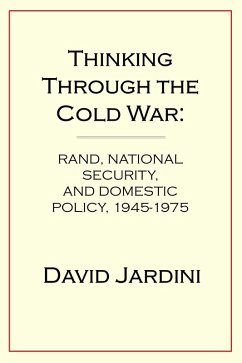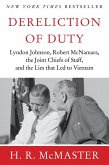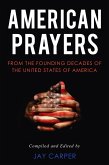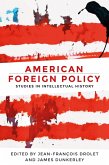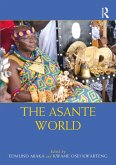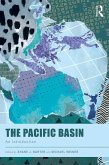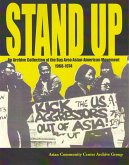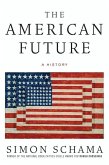More than an institutional history of RAND, Thinking Through the Cold War uses the RAND Corporation as a window on the complex interaction among national security and social welfare research and policy-making in Cold War America. It argues that the Cold War had deep effects not only on the locus of research and development but also on the process of knowledge production in the United States. The emergence and proliferation of entirely new classes of research institutions during the Cold War altered the structural landscape of American science as well as American democracy. For better or worse, public policy research organizations, of which RAND is the archetype, are now embedded in American public policy-making, and the tools forged at RAND for policy analysis and decision-making are now pervasive. In their rationality, mathematical complexity, and professed objectivity, these tools embody the values and achievements of modern American social science. Yet, by reinforcing centralized, elitist policy-making, their widespread adoption in the federal government may have contributed to the alienation many Americans feel concerning the national government. Historians across the United States are just beginning to untangle the complex implications of the Cold War for American society. Thinking Through the Cold War is a significant step forward in this effort.
Dieser Download kann aus rechtlichen Gründen nur mit Rechnungsadresse in A, B, CY, CZ, D, DK, EW, E, FIN, F, GR, H, IRL, I, LT, L, LR, M, NL, PL, P, R, S, SLO, SK ausgeliefert werden.

